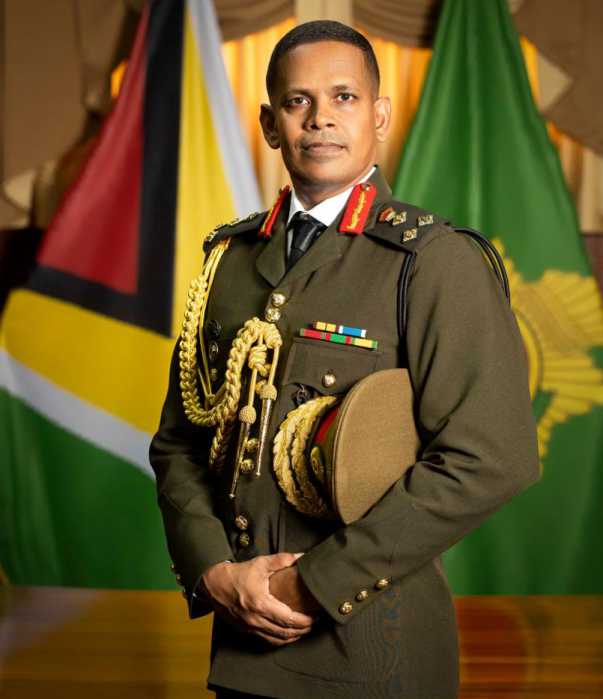Guyanese are beginning to switch on to the juicy revelations from WikiLeaks, the international whistle-blowing website that says it will publish all 251,000 cables American diplomats sent from overseas missions back to Washington in recent years including those detailing the reluctance of the Bharrat Jagdeo administration to deal with drugs, reasons why Police Chief Henry Greene lost his visas and threats to assassinate the then American envoy to Guyana.
The site said at the weekend that it will not redact the names of informants and other information that could expose them to danger, abduction or death leaving Guyanese who were wondering why nothing of substance was being published about the country now searching the Internet in earnest for cables from Guyana.
Over the weekend, the country learned that the US had abandoned plans to set up an office of the Drug Enforcement Agency (DEA) because a local drug kingpin with alleged connections to authorities had threatened to kill the American ambassador Roland Bullen, the security officer and to blow up any building housing a DEA office.
The cable named former kingpin Shaheed Roger Khan who was jailed for 15 years in 2009 by a Brooklyn Court on trafficking and other charges as the Pablo Escobar of Guyana and the kingpin who was angry about a possible DEA presence in the Caribbean trade bloc nation.
Khan was also the man who took out full page newspaper advertisements to tell the nation that he had set up a private hit squad, blamed for 200 deaths, on behalf of the administration and whose outfit was blamed for the January 2006 assassination of television talk show host and journalist Ronald Waddell.
In the confidential cable to Washington, then Ambassador Bullen said that Khan who had extensive business interests in Guyana including a jungle forest concession complete with an airstrip and a pier, had threatened to kill the American envoy and its security officer after he had learned of plans by the DEA to establish a presence in Guyana. Guyana is currently served by the office in neighboring Trinidad.
“After the leak, Khan threatened to blow up the site of the operation and threatened the lives of ambassador and the then RSO (Ref D). These threats forced the operation’s abandonment,” said Bullen of efforts to set up the office.
He also said that officials allowed Khan to operate with impunity because government is “compromised to such an extent that it will not pursue Khan, despite paying lip service to the fight against narco-trafficking.”
Meanwhile, some of the leaked cables also show that the US cancelled Chief Greene’s visa on the day of his appointment in late July 2006 because he had “benefitted from the proceeds of drug trafficking”, charges that he has persistently denied.
In fact, when Greene was told of the cancellation, he “broke down in tears” and enquired whether the revocation had to do with him “troubling the girls,” an apparent reference to his reputation as a ‘player.’
It has also emerged that the administration had resisted attempts by the Us, Britain and Canada for Greene to be bypassed as chief because he was “grossly incompetent” and “bad for Guyana’s security.’
Mike Thomas, the Charge who succeeded Bullen wrote that the west was very uncomfortable with Greene and wanted somebody else.
”Greene as Commissioner would be bad for Guyana’s security and would compromise all international cooperation with the Guyana Police Force. Even if acting for only three months, he can do serious harm to US interests as well as to Guyana’s security. It will be embarrassing and difficult for the Government of Guyana to back-track on its public announcement of the plan to elevate Greene, but not as embarrassing as it would be if international donors’ views on Greene become public after he is sworn in as acting commissioner. We will continue interventions to make the GoG reconsider,” he added.
Green should have retired two years ago but his tenure has been extended by government.


























